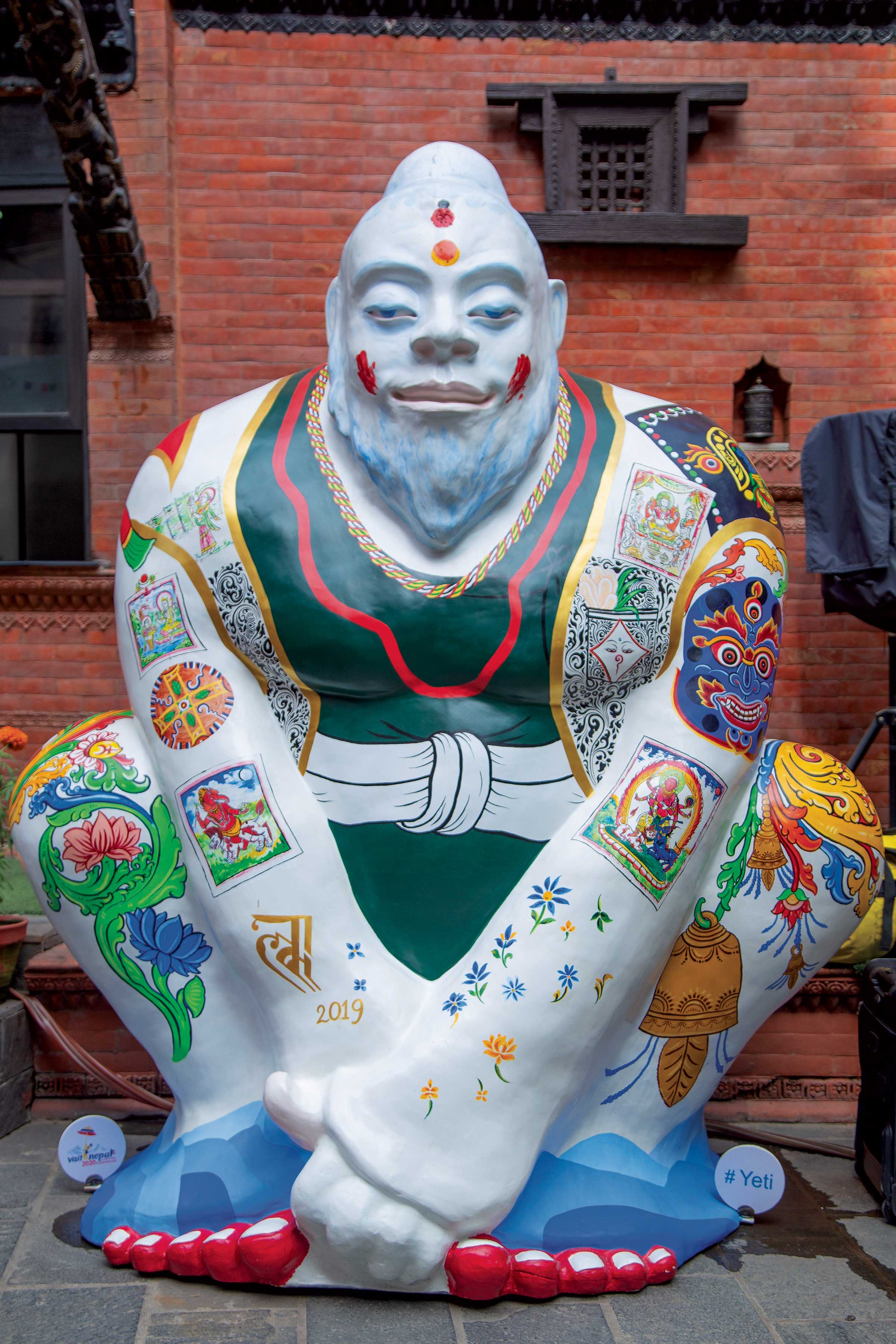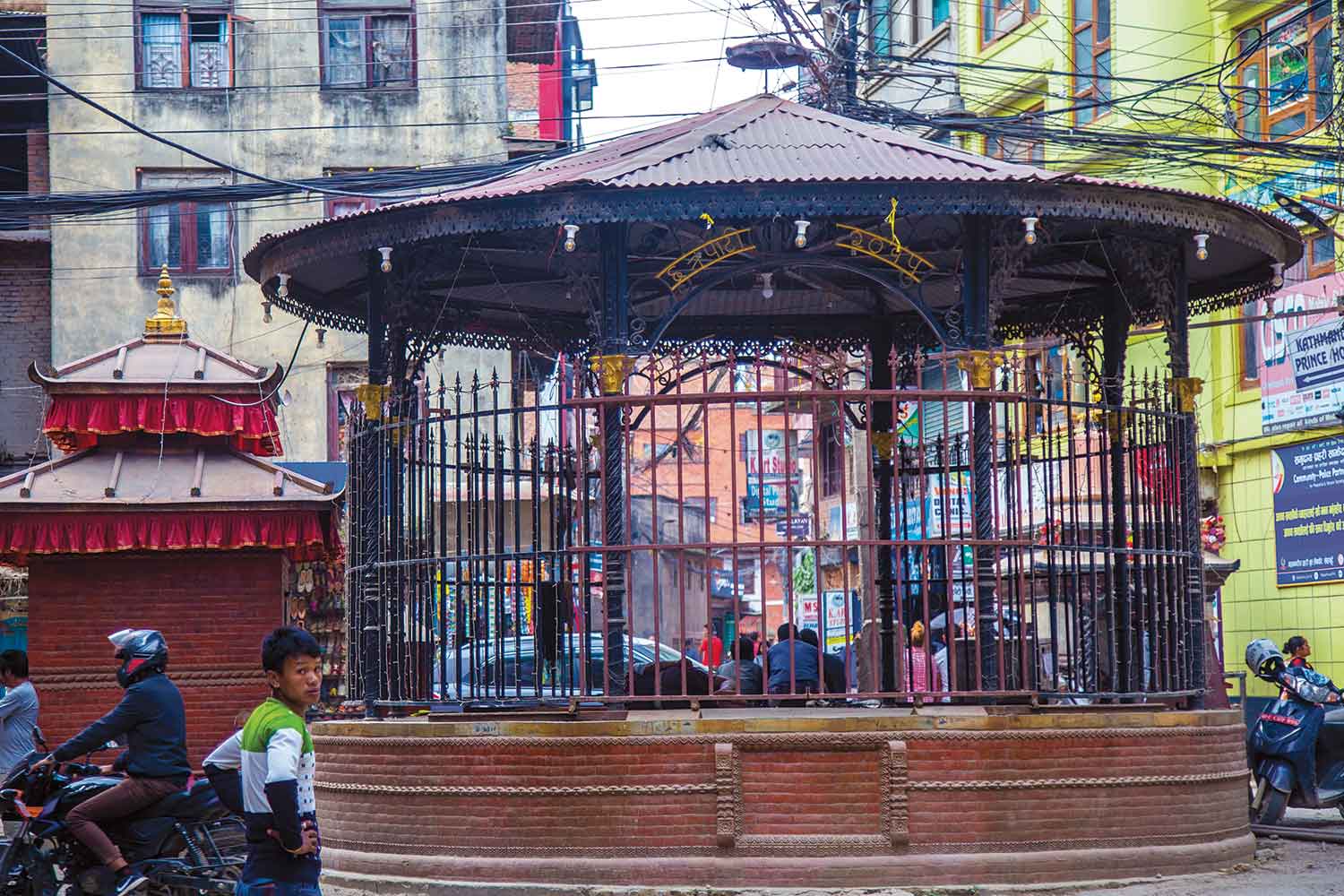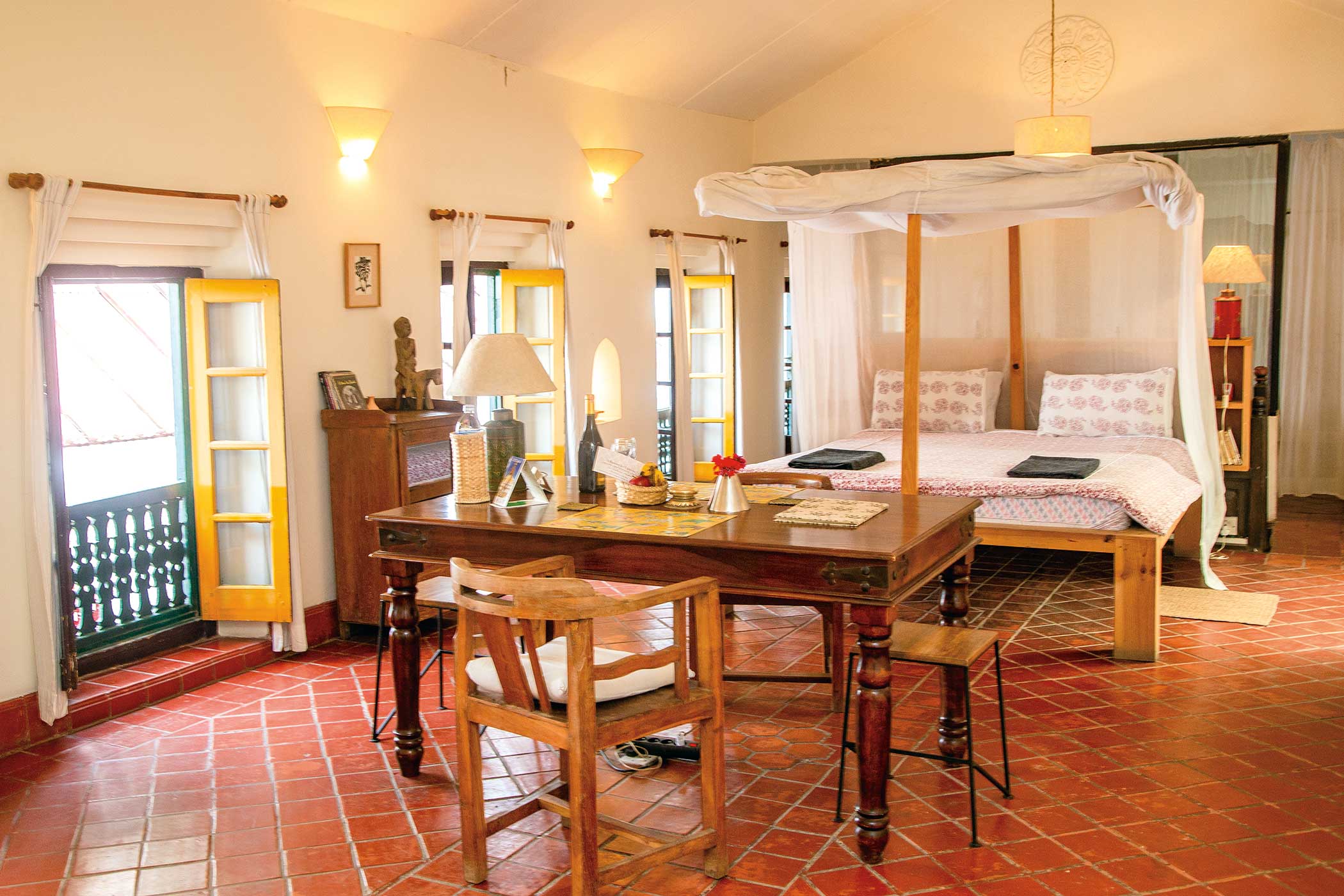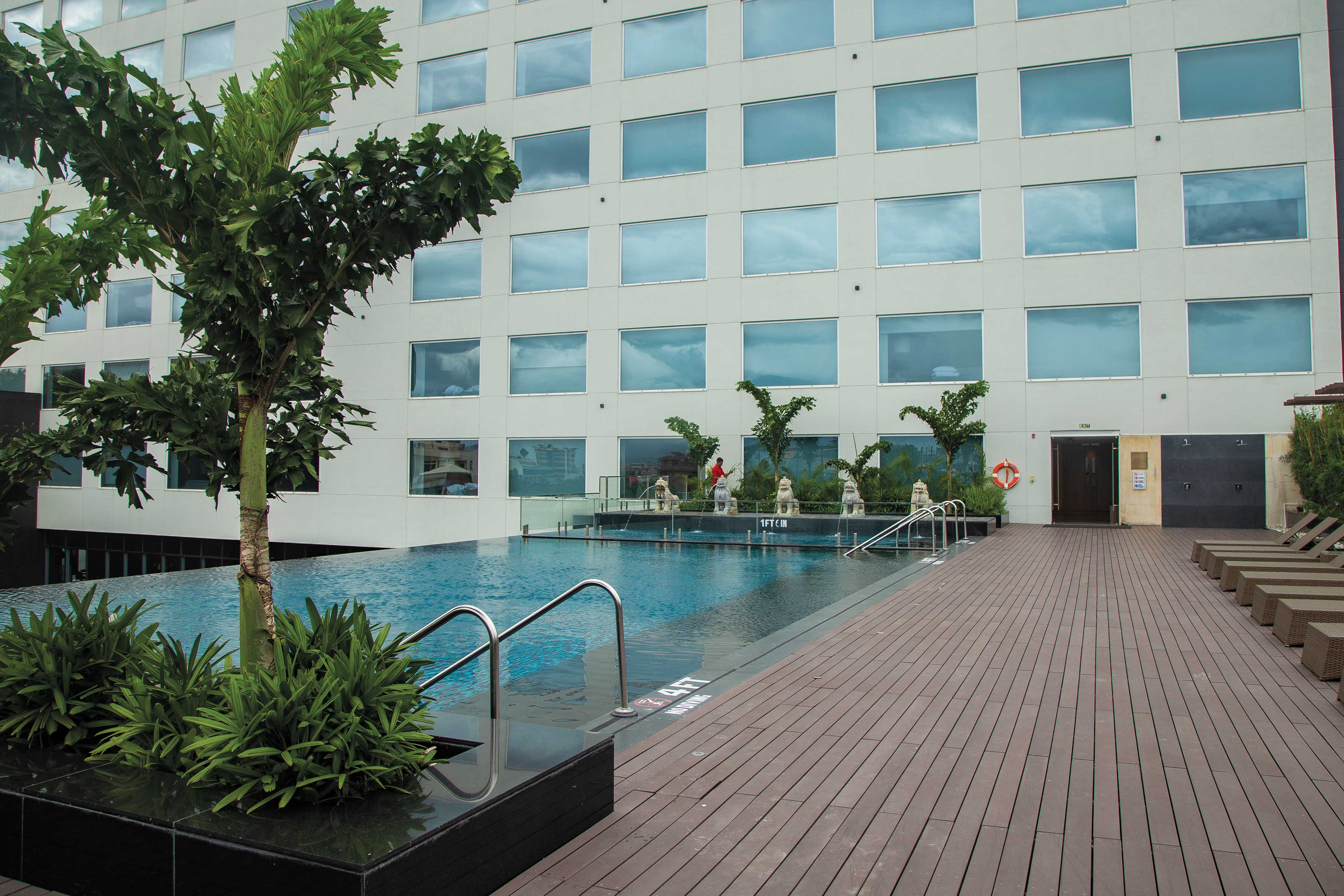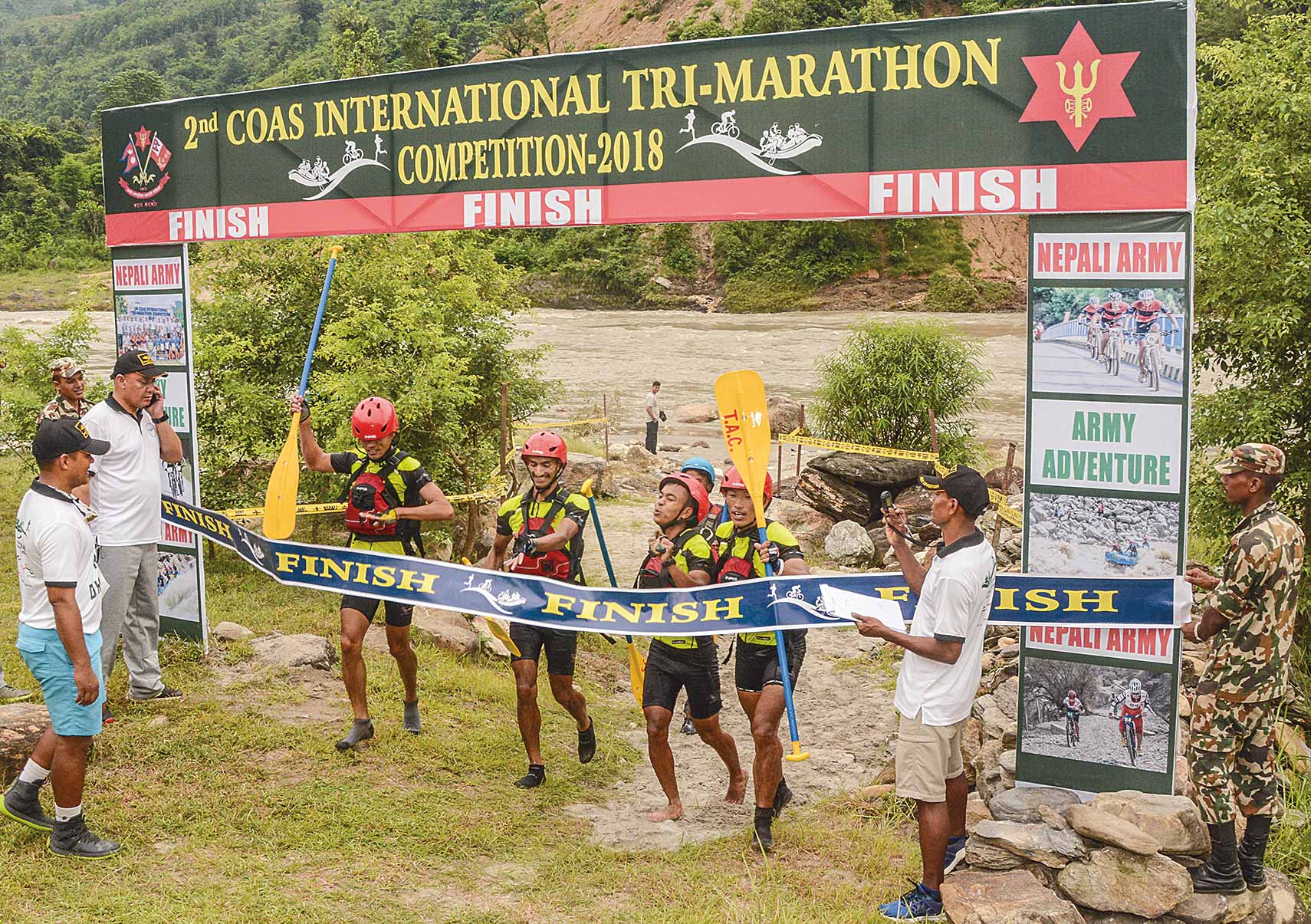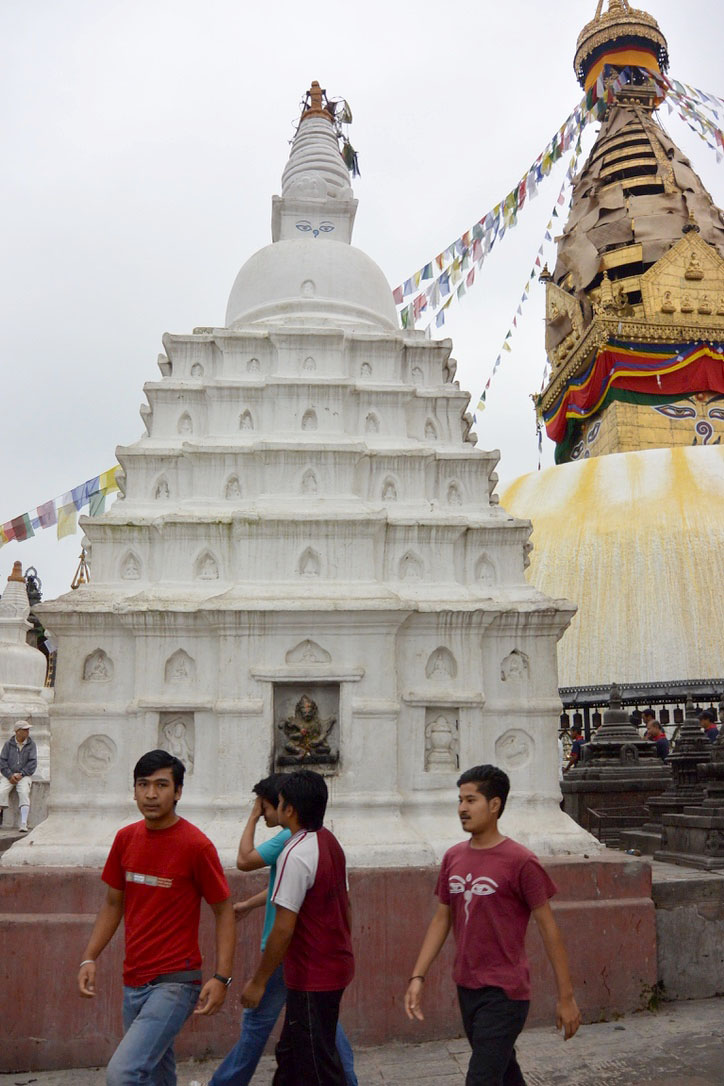Khaptad is a solitude-seeker’s dream come true.
Walking along the stream, I unknowingly startled a water redstart. A series of its sharp cries pierced the silence as it skimmed over the water towards another rock. The cries ceased once it landed on a rock. When this sudden burst of its shrill voice stopped, the silence felt even greater. Once again the only continuous sound was the happy murmur of the stream. Faint cries of ravens drifted in, as though to make up for the lack of sound. ‘Sound O.K., silence better’ seemed to be the belief here. My footsteps made alternating crunching or sucking sounds as I tread sometimes on the stone trail and at others on the boggy meadows. This is the home stretch to the Khaptad National Park in West Nepal.
Technically, you are in Khaptad once you walk past the yellow wooden signboard that says in black letters ‘WELCOME TO KHAPTAD NATIONAL PARK’. But most of Khaptad’s attractions are in the vicinity of the national park headquarters and the army barracks. This is the place where trekkers want and, more importantly, need to get to, for it is the only year-round settlement in Khaptad. There are no teahouses or lodges in Khaptad. So you must either carry tents and food or be guests of the commanding officer at the army barracks or the warden of the national park.
It is this lack of even the barest comforts that keeps most travelers away from Khaptad. The same feature pulls others. And it was for the same reason that nearly seven decades ago one extraordinary ascetic decided to live here. In those days, Khaptad was an expanse of wilderness. The only people Khaptad saw were herdsmen, who brought their cattle here annually for a few weeks during the wet season. Solitude was a guarantee in Khaptad. The ascetic decided this was the place to pursue his spiritual ambitions. In time, he became known as Khaptad Baba. When he passed away in 1996, he had already spent 50 years in Khaptad.
Khaptad, for obvious reasons, does not draw many trekkers. It is a source of frustration for many as well as of delight for some that the place hasn’t changed much since Khaptad Baba’s time. Here, solitude remains the only guarantee.
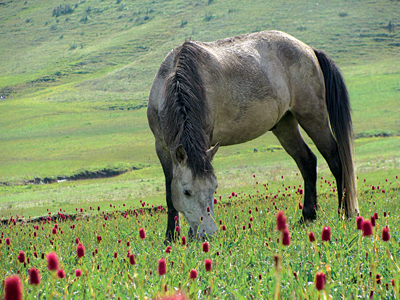 Khaptad Baba’s hermitage is perhaps the most-visited site in Khaptad. Many people travel to Khaptad just to be able to sit there for a few moments. I think it has the same appeal and effect as all places once inhabited by special people do: you feel that you are seeing things, although momentarily, just as the occupant of the house saw them. Khaptad Baba once said that he was in Khaptad to “seek eternal happiness.” Sitting in his hermitage, where for long periods the only sound is of falling leaves, you realize that if eternal happiness was to be found, it would be found in places like Khaptad.
Khaptad Baba’s hermitage is perhaps the most-visited site in Khaptad. Many people travel to Khaptad just to be able to sit there for a few moments. I think it has the same appeal and effect as all places once inhabited by special people do: you feel that you are seeing things, although momentarily, just as the occupant of the house saw them. Khaptad Baba once said that he was in Khaptad to “seek eternal happiness.” Sitting in his hermitage, where for long periods the only sound is of falling leaves, you realize that if eternal happiness was to be found, it would be found in places like Khaptad.


